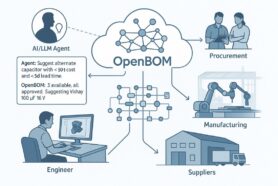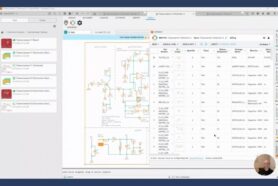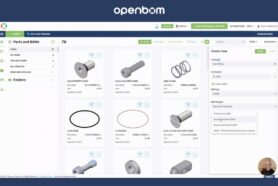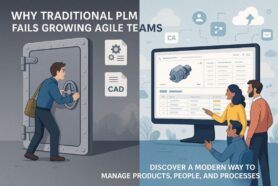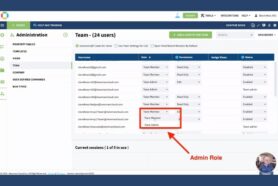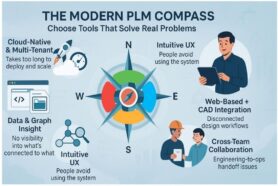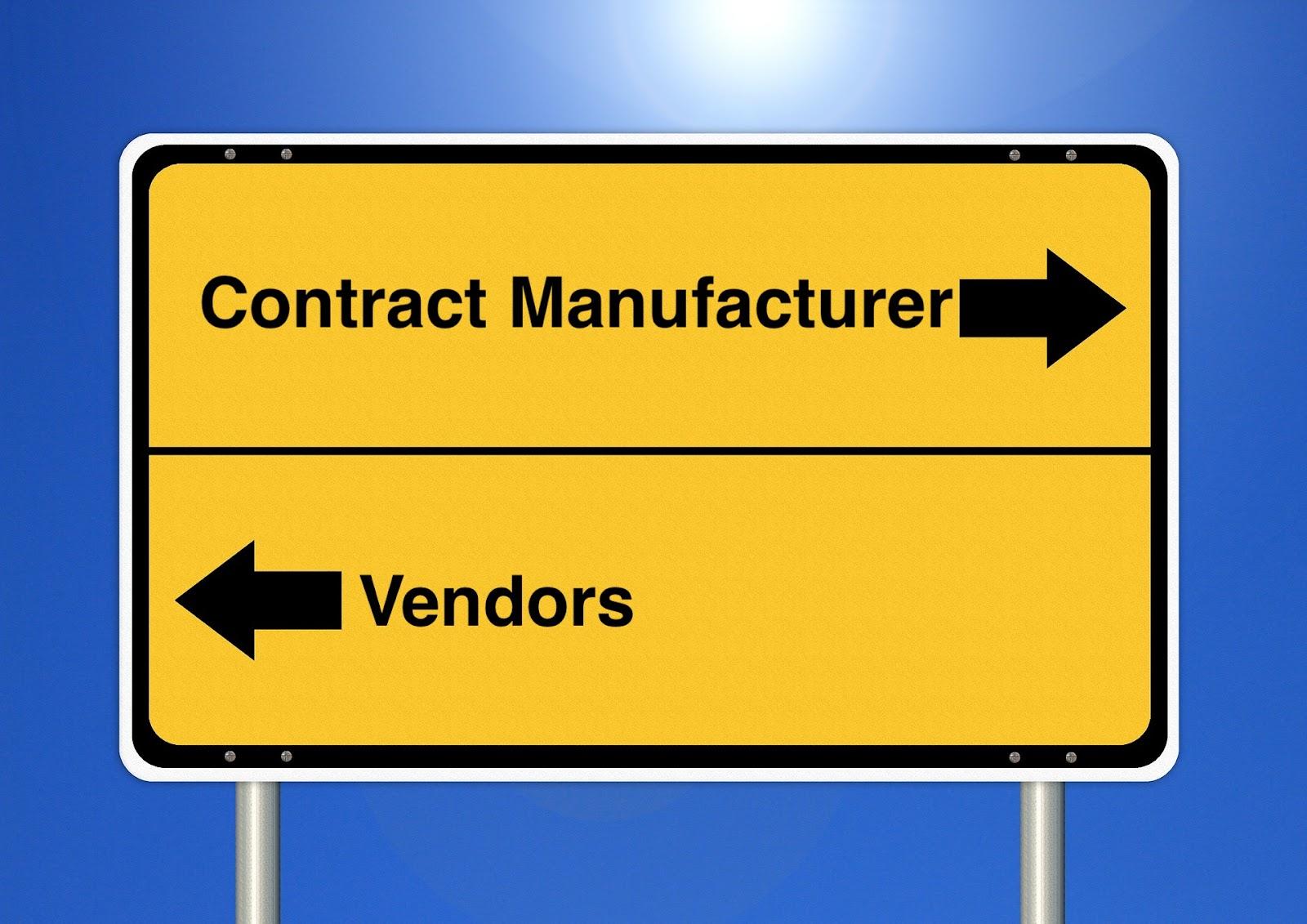
The validation process of choosing a supplier is dependent on many factors. You might decide to work with multiple vendors and manage the supply chain by yourself. Or, you might choose a contract manufacturer and let them manage the supply chain.
However, which one is right for you? Unfortutnley, there is no answer for this. Every company is different. Your annual volume, certificates, and other needs will guide you to your solution.
These are the main points that differentiate a CM (Contract Manufacturer) and a Vendor:
- Strategy
- Reliability
- Collaboration
- Cost Advantage
Strategy
The business cases of working with a vendor and CM are quite different. A vendor is usually involved with a small part of the overall product that is being manufactured. They might only manufacture one part and that is it. The part might also be an off-the-shelf part, such as a battery, actuators, screws, and more.
The CM looks at the project holistically and they will take quite a bit more interest in your overall goals and plans of the company. This is mostly because of the amount of manpower they provide these projects with.
The CM will usually provide you with extra services, such as design for manufacturing and assembly (DFMA), supply chain management, and more. If a CM you are talking to is unable to assist you with this then they are not the correct fit for your business.
To quickly decide, you can look at the complexity of your product. If you sell nuts and bolts, water bottles, cellphone cases, or products like this on Amazon then a vendor would be the best option. If you are manufacturing a product with multiple materials with different sub-assemblies then a CM compliments you more.
Reliability
Whether you work with a CM or with multiple vendors, their reliability is important. However, the dependability and what you are looking for between vendors and CMs are not the same.
For vendors, you need a supplier that has a good reputation for making the same exact part or component you are looking for. For example, while batteries and power adapters seem similar, you would not want to choose a vendor that makes batteries when you need a power adapter.
For another example, a bike manufacturer would rather purchase from Shimano than another vendor who is much more cost-effective because of Shimano’s name recognition in their industry.
However, a CM might be a bit broader. For example, if you are manufacturing a drone, you do not need your CM to have experience in making drones. I know that sounds silly. But they will need to have experience with another mechatronic type of products. Maybe an IoT device, or something with moving parts.
Collaboration
The way you work with a vendor and a CM is also different. This also depends on how your organization is set up. If you are working with a CM directly then they will become your project manager. They will be the bridge from you to a group of vendors. Therefore, communication with your CM becomes extremely important.
Your CM will have experience in the majority of the fabrication processes but they might not have expertise in most of them. This is where the CM turns to the vendor for help in optimizing the part for production and for final assembly.
For example, if you are developing a new battery, your CM will turn to the battery supplier in order to create this new battery.
So, a vendor will provide you with expertise in one product category. If you need a custom battery to be made then a vendor manufacturing batteries should provide you with the best result.
Cost Advantage
The best way to look at a CM is as an extension of your team. They can provide you with additional services so you do not need to hire additional employees. They can also use their supply chain network to optimize your product to be made in production.
A CM will also have existing relationships with suppliers and they can leverage this for favorable pricing, payment terms, and lead times.
If you are sourcing each vendor individually then it’s a much greater time investment and your overall cost of goods sold (COGS) will be higher.
What Can You Do Today?
Whether you are using a CM or sourcing all the vendors yourself, you will need to manage all of this information. You will also need to make this data readily available to your team at all times.
A centralized platform that connects your team, contractors, and suppliers is your solution. This creates a single source of truth and eliminates mistakes.
OpenBOM is a cloud-based platform that helps manage your engineering and manufacturing data. Companies from startups to Fortune 500’s use OpenBOM to create a centralized database to bring in, store and manage their manufacturing data. With this infrastructure, users also use OpenBOM to streamline both their change management and PO processes.
If you need to improve the way you manage your data and processes, contact us today for a free consultation.
Regards,
Jared Haw
Join our newsletter to receive a weekly portion of news, articles, and tips about OpenBOM and our community.




